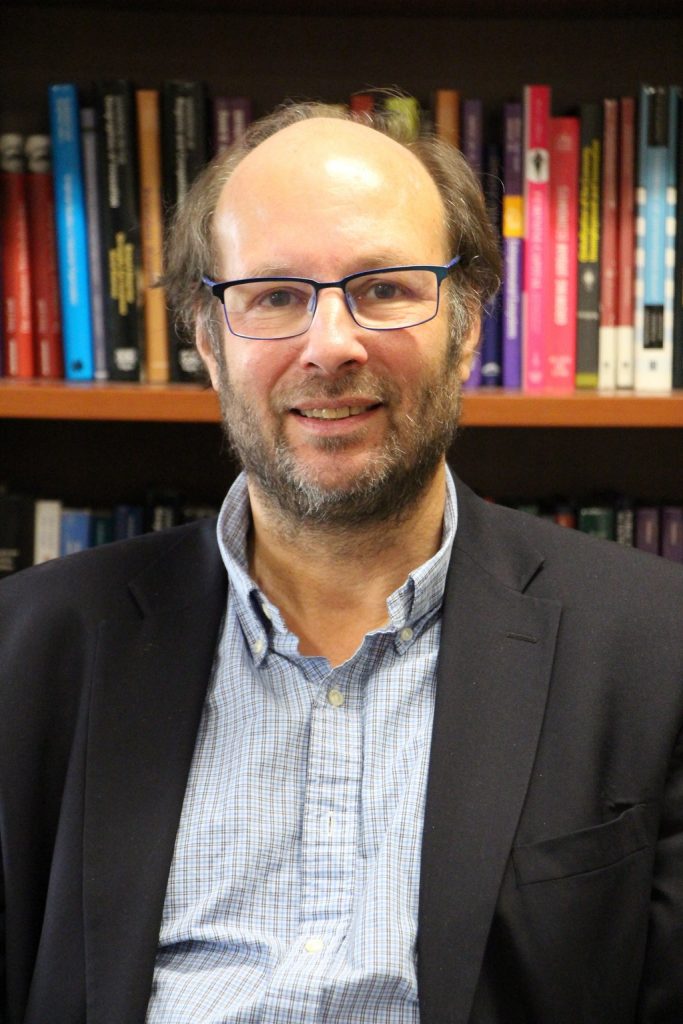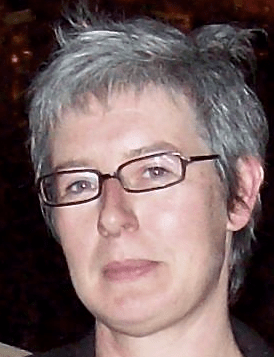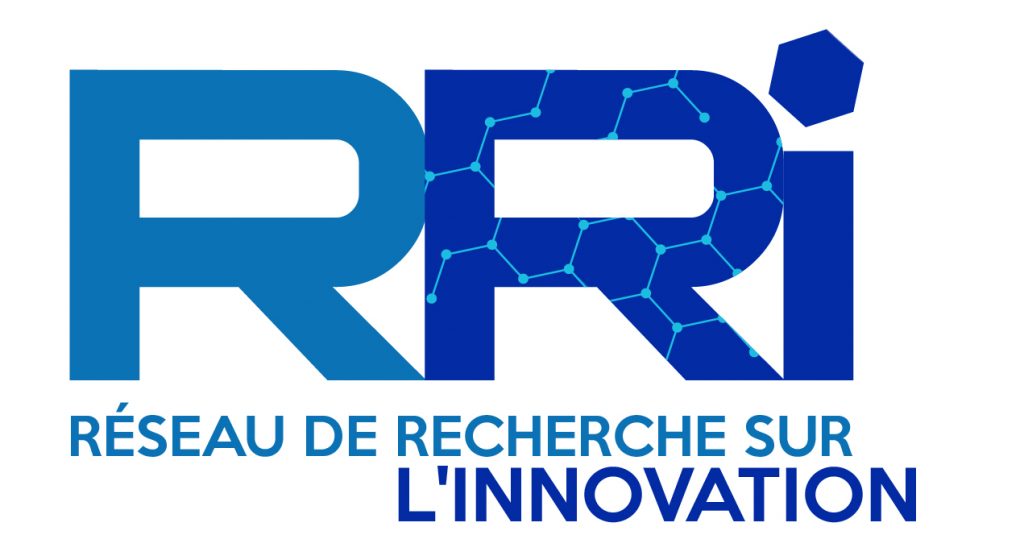
David B. Audrestch (Indiana University)
Keynote Address : « The Entrepreneurial University »
David Audretsch is a Distinguished Professor and Ameritech Chair of Economic Development at Indiana University, where he is also serves as Director of the Institute for Development Strategies. He also is a part time Professor at the Department of Innovation Management and Entrepreneurship, University of Klagenfurt, Austria and an Honorary Professor of Industrial Economics and Entrepreneurship at the WHU-Otto Beisheim School of Management in Germany.
The emergence of the entrepreneurial university mirrors the emergence of two key forces driving economic prosperity – knowledge and innovation. The university serves as a key source of research generating knowledge. However, if that knowledge is not automatically or easily transformed into innovation, then the entrepreneurial university is a response by pro-actively creating and engaging in activities conducive to technology transfer and knowledge spillover. The entrepreneurial university has emerged as a key actor in entrepreneurial ecosystems, along with a new role, values and governance for universities in society.

Elisabeth Bik
Keynote address: « The Dark Side of Science: Misconduct in Biomedical Research »
After receiving her PhD in Microbiology at Utrecht University in The Netherlands, Elisabeth Bik worked 15 years in the lab of David Relman in the School of Medicine at Stanford on the microbiomes of humans and marine mammals. In May 2014, she founded Microbiome Digest, an almost daily compilation of scientific papers in the rapidly growing microbiome field. From 2016-2019, she worked at two microbiome startup companies, uBiome and Astarte Medical. In March 2019, she left her job to become a science integrity volunteer and occasional consultant. She can often be found discussing science papers on Twitter at @MicrobiomDigest, writing for her blog ScienceIntegrityDigest or searching the biomedical literature for inappropriately duplicated or manipulated photographic images and plagiarized text. Her work has been recently featured in Nature: https://www.nature.com/articles/d41586-020-01363-z
Science builds upon science. Even after peer-review and publication, science papers could still contain images or other data of concern. If not addressed post-publication, papers containing incorrect or even falsified data could lead to wasted time and money spent by other researchers trying to reproduce those results. Several high-profile science misconduct cases have been described, but many cases are yet undetected. Elisabeth Bik is an image forensics detective who left her paid job in industry to search for and report duplicated and manipulated images in biomedical articles. She has done a systematic scan of 20,000 papers in 40 journals and found that about 4% of these contained inappropriately duplicated images. In her talk she will present her work and show several types of inappropriately duplicated images and other examples of research misconduct. In addition, she will show how to report scientific papers of concern, and how journals and institutions handle such allegations.

Emmanuelle Picard (ENS Lyon)
Keynote Address : « Externaliser l’innovation : la solution aux contraintes structurelles de l’université française ? »
Emmanuelle Picard, historienne est directrice du département des sciences sociales de l’ENS de Lyon, membre de l’UMR Triangle et du Laboratoire de l’éducation. Elle travaille sur l’histoire du système d’enseignement supérieur français à l’époque contemporaine (XIXe-XXIe siècles) et en particulier sur la profession universitaire et l’évaluation scientifique.
Les structures de l’université contemporaine mise en place au début du XIXe siècle s’avèrent particulièrement rigides et contraignantes, rendant nécessaire l’invention de nouveaux espaces, extérieurs, au sein desquels il est possible de mettre en œuvre des innovations en matière d’enseignement et de recherche. Cette tension s’observe aussi bien en 1868 avec la mise en place de l’Ecole pratique des hautes études que dans le renforcement de l’ANR depuis les 10 dernières années. Cette présentation veut proposer une analyse structurelle de ce cadre de contraintes et interroger son actualité, en reprenant leurs grandes étapes de l’histoire du système d’enseignement supérieur et de recherche depuis un siècle, jusqu’aux réformes récentes. On reviendra ainsi sur la question de l’innovation dans l’ESR, de sa nature et de ses enjeux.
